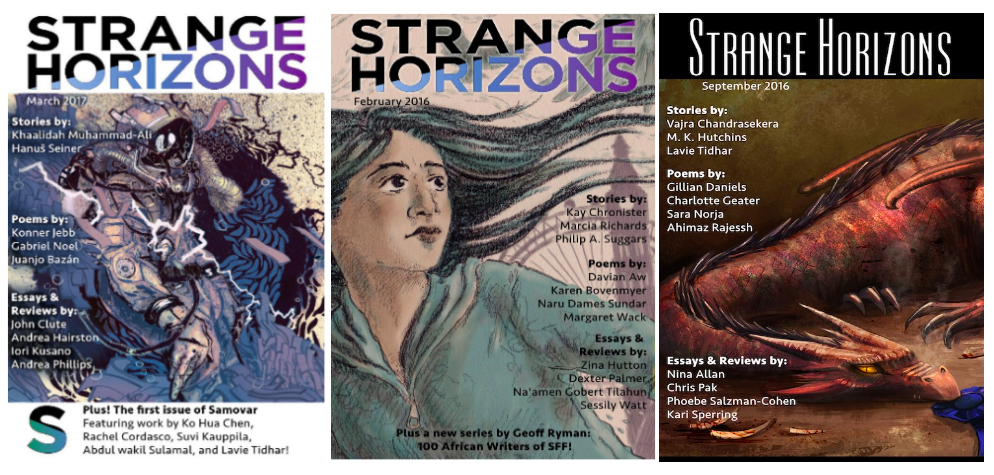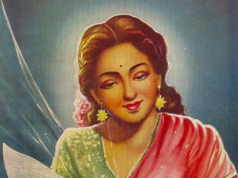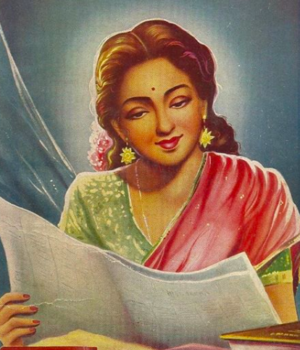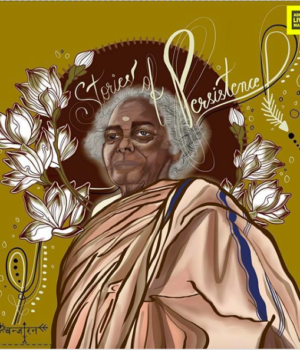
Instituted in 1953, the Hugo Awards are considered to be the most coveted in the field of science fiction and fantasy (SFF). This year, the awards to be presented between August 16 to August 20 in San Jose, California, will feature two young Indian nominees: Mimi Mondal and Gautam Bhatia.
Mondal, a native of Kolkata, now resides in New York. She like her idol, author Octavia Butler, has first hand experience of encountering and breaking barriers of discrimination.
Butler is known as the first major African-American woman writer to have her work published in the SFF genre. Her work, trail blazing and path-breaking, has immensely inspired Mimi, who initially felt isolated due to her Dalit lineage and later because she couldn’t quite identify with Indian writers who came from a social and economic milieu very different to hers.
A similarity in struggles, forged a strong connection between her and Octavia Butler, so when she was invited by Alexandra Pierce to edit an anthology – Luminescent Threads: Connections to Octavia Butler, Mimi Mondal grabbed the opportunity.

The book contains stories of people plagued by self-doubt, often told that their work wouldn’t make the cut; many of the authors in the anthology confess that Butler’s novels and short stories served as a beacon of hope and helped them realize their dreams.
Mondal nominated under the “Best Related Work” category has a keen interest in history as well as politics, and finds that SFF gives her the freedom to elucidate on both.

Gautam Bhatia’s interest in science and fantasy was fuelled by the writings of Isaac Asimov, Arthur C Clarke and JRR Tolkien among others. He, along with Aishwarya Subramanian, edit a non-professional magazine dedicated to SFF called, Strange Horizons. 29 year old Bhatia feels that the SFF medium offers a unique, illuminating critique of society’s social, political and economic structure.

The duo have been nominated under the “Best Semiprozine” category for their weekly publication on speculative fiction.
The awards are named after Hugo Gernsback, who launched Amazing Stories, the first big American science fiction magazine. The popularity of the awards is proof that alongside mainstream literature, SFF has carved a niche of its own, encouraging many new writers to break the traditional mould and offer a new perspective about a futuristic world.
Written by Ritu Mathur
Featured image credit: Mimi Mondal & Frontline (Gautam Bhatia)













